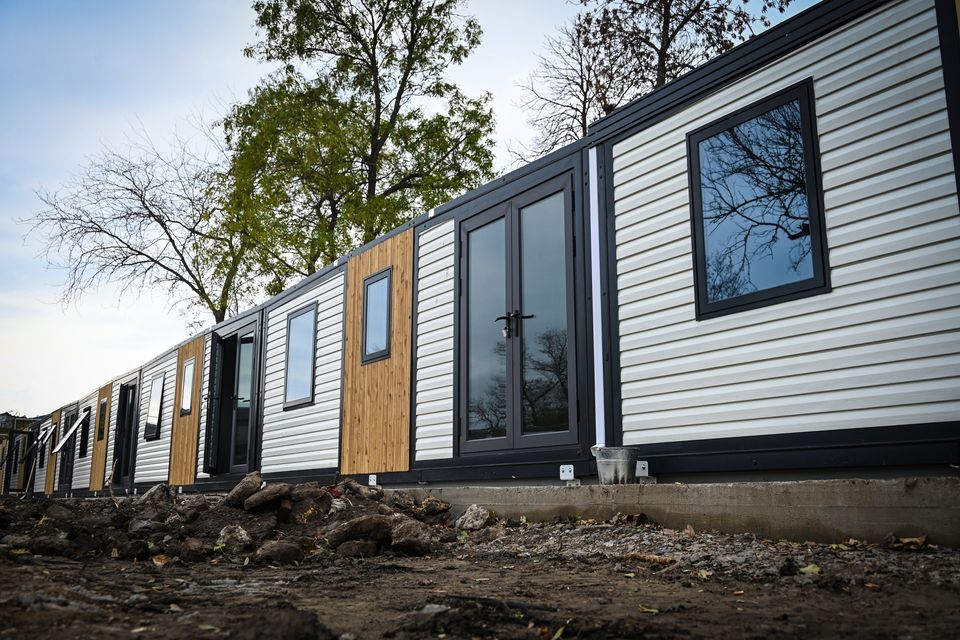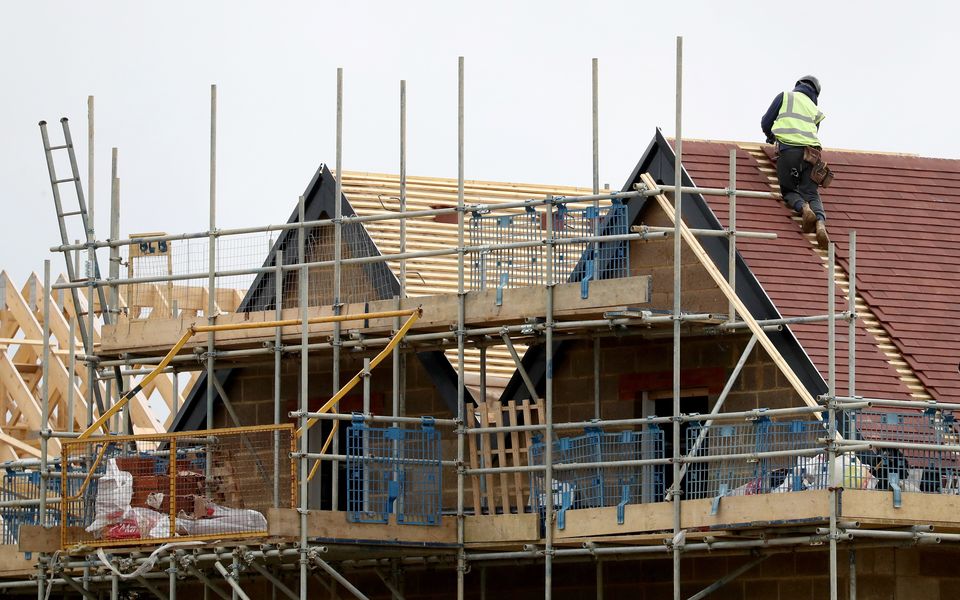Exempting ‘back-garden homes’ from planning rules part of Government plan to increase housing
Policy change seen as potential solution for young people and downsizers

Cabin-style homes in back gardens are to be exempt from planning rules under new Government plans.
It is hoped that this will help provide more housing options and allow households to downsize.
The homes can be rented out or used by relatives of the main dwelling’s owner. They could also be a realistic downsizing option for some people.
Minister of State at the Department of Housing, John Cummins, has met with officials to look at how building certain types of exempted properties can be sped up under new planning laws passed last year.
Under current rules, extensions of up to 40 square metres to the rear of a property are allowed, once they are attached to the property.
Mr Cummins wants new planning regulations which would remove the requirement for the add-ons to be attached to the main dwelling.
The cabin-style homes would be high spec, A-rated modular homes.
There is an acknowledgement within Government that such a measure will only be appropriate in certain settings where there is sufficient space to the rear of the property.

The proposal has received the green light from civil servants in the Department of Housing who are finalising a paper on the matter.
Officials will also soon request submissions from all other departments before the Government hopes to hold a public consultation.
“The minister has made it clear that there needs to be planning exemptions which enable inter-generational movement between the main dwelling house and the smaller home, which would be situated to the rear of the property,” said a Government source.
“This would allow for a younger person to live independently of the family home in the short term.
“It will give the option for their parents, in time, to right-size within their own community while maintaining the support of their family in close proximity.”
Progress Ireland, an independent think tank, last year suggested that detached or attached ancillary dwellings be made exempt from planning laws.
Such a policy change could deliver up to 350,000 homes.
“As of 2022, 19pc of all housing units produced in California – or nearly one in five homes – was a form of seomra (additional structures on a person’s property),” it said.
“In Vancouver, 35pc of all single-family homes have some form of seomra.”
The Government is under pressure to take decisive action that will help alleviate the housing crisis.
Mr Cummins is also seeking to bring forward greater powers around compulsory purchase orders. This would be geared towards activating under-utilised land.
Earlier this week, the high-level Cabinet sub-committee on housing agreed to sign off on €450m to fund 3,000 more social and affordable homes over three years.
Legislation around Rent Pressure Zones (RPZs) – which cap rental costs in specific parts of the country – will also be reviewed.
However, Taoiseach Micheál Martin said it will not be the case that RPZs are scrapped and not replaced by any other measures. He made the remarks following concerns that rents may rise further.
Source: Gabija Gataveckaite, Irish Independent, 19th February 2025


No responses yet